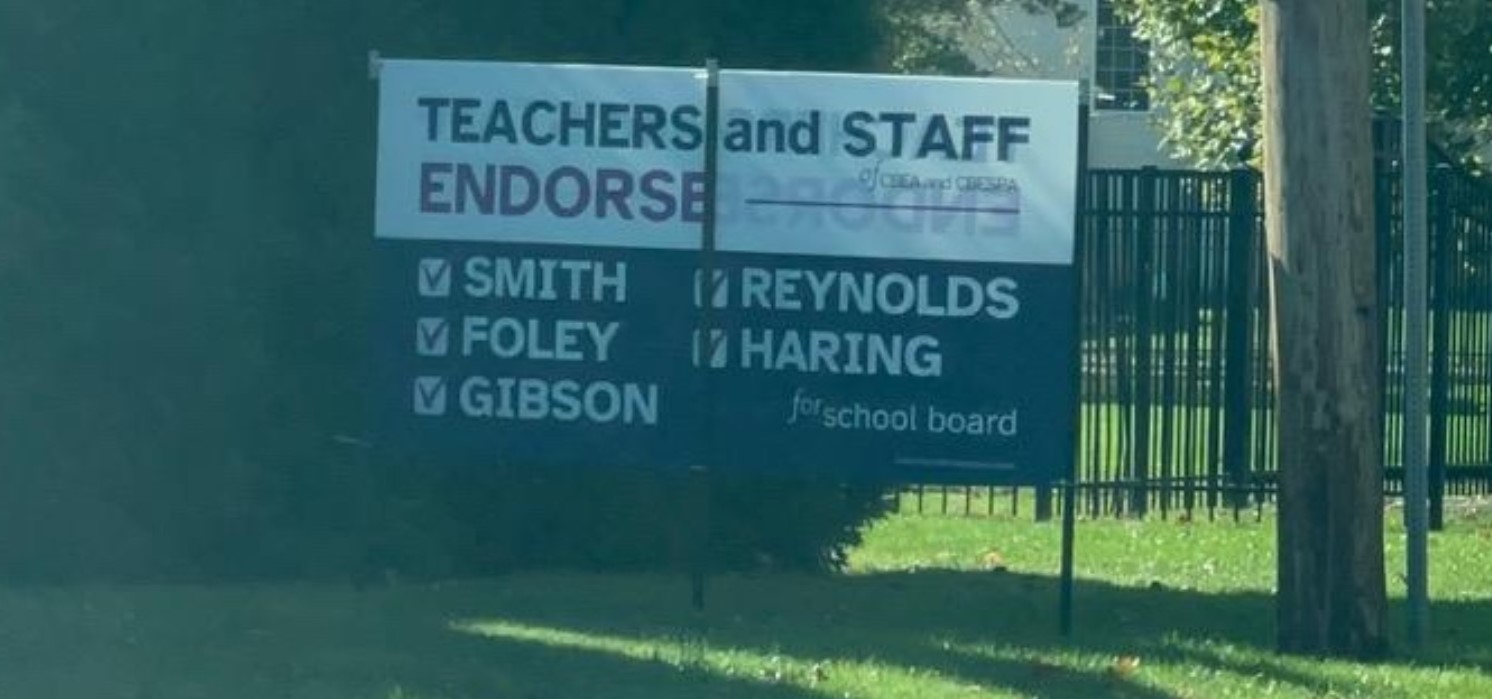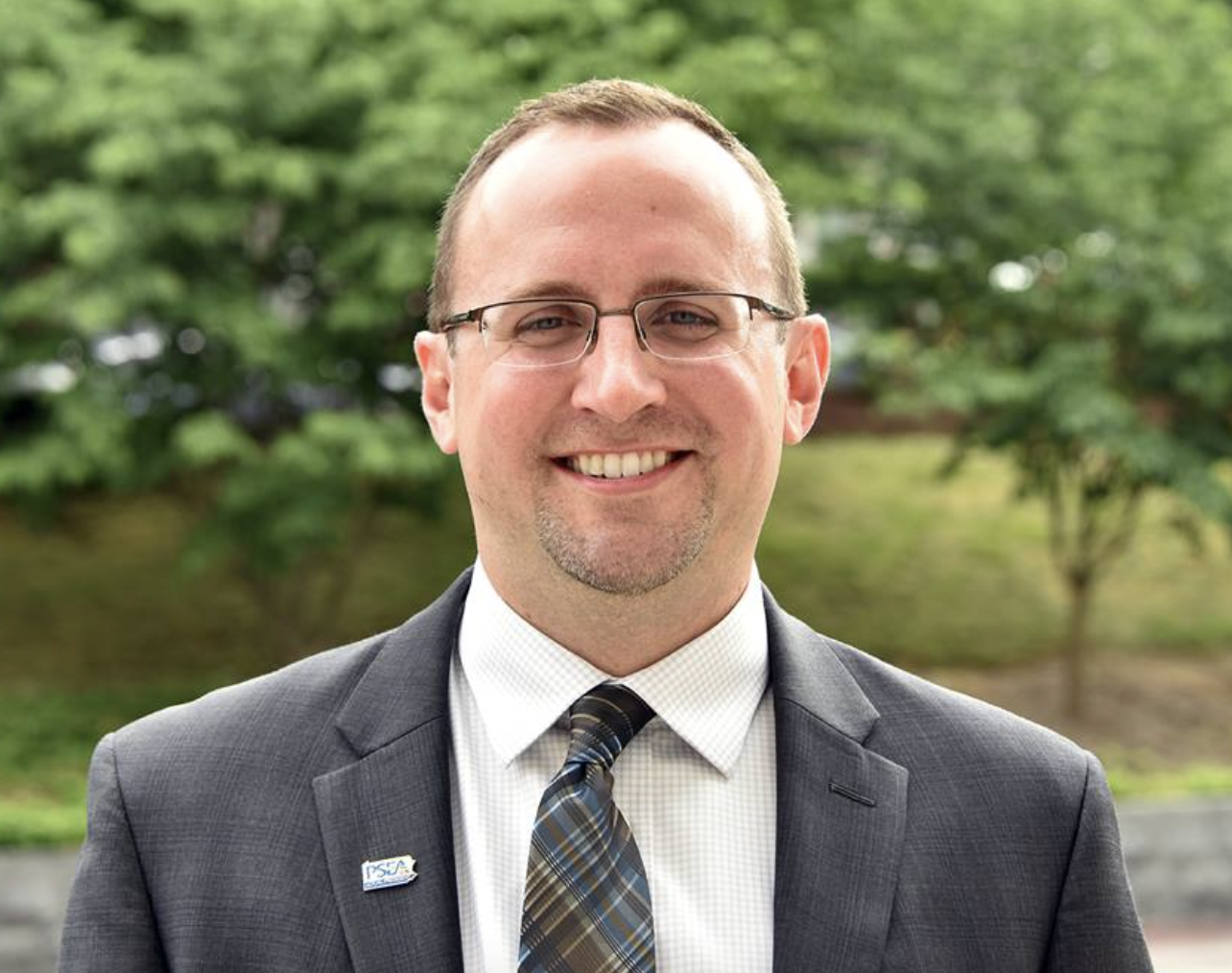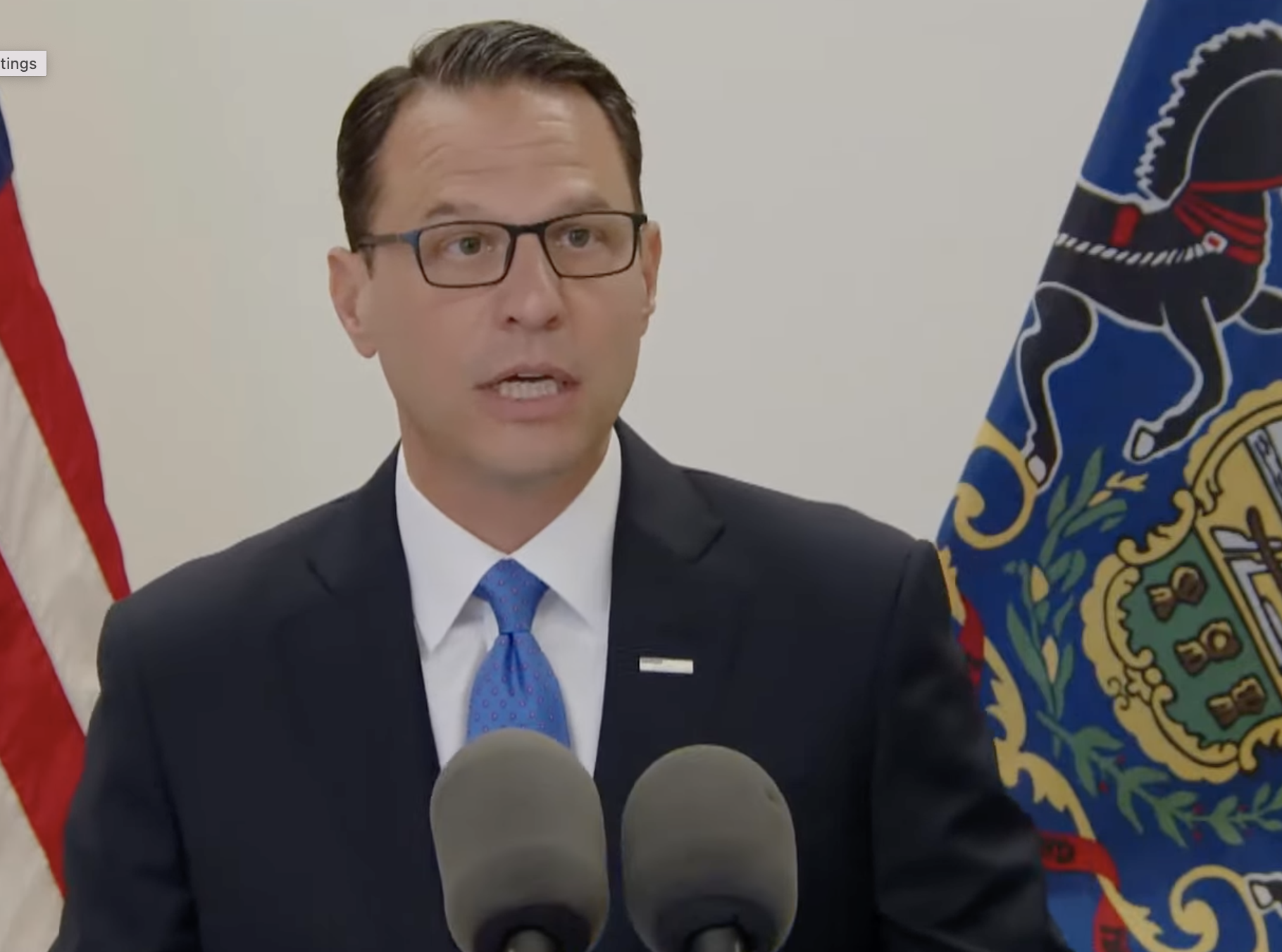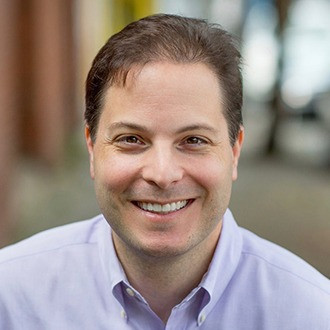A Pennsylvania Senate Democrat launched a tirade against school choice supporters at an education rally this week, accusing them of wanting to “drive straight, White, able-bodied kids into private religious schools.” Sen. Lindsey Williams (D-Allegheny), minority chair of the Senate Education Committee, accused voucher supporters of sharing the goals of the so-called Christian Nationalism movement: […]





